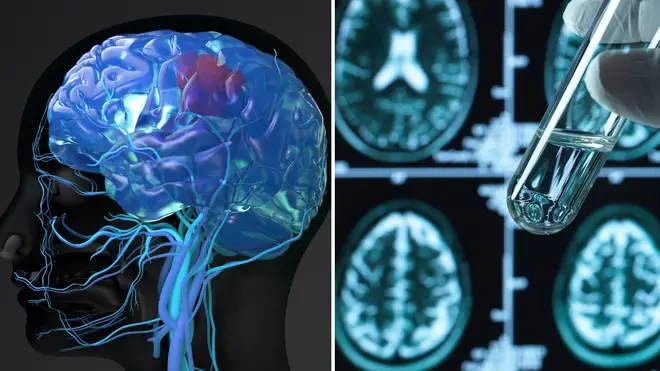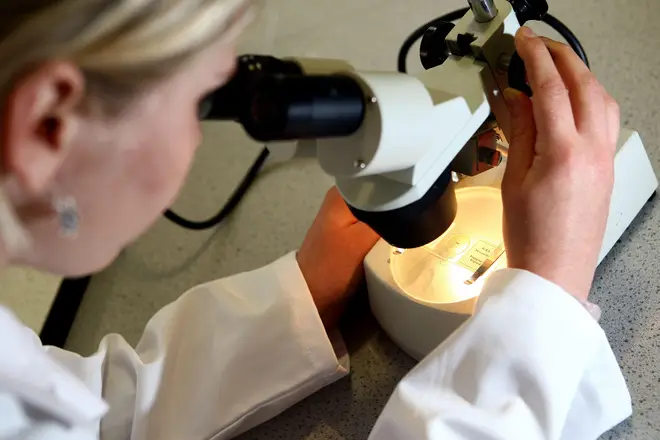
Dean Dunham 4am - 7am
29 January 2024, 19:53 | Updated: 29 January 2024, 20:05

Five people are believed to have developed symptoms of Alzheimer’s disease, despite being aged just 38 to 55, after receiving treatment with a tainted human growth hormone.
This is the first reported case of Alzheimer’s being transmitted from one person to the other and has been linked to a medical experiment involving 1,800 children deemed to have a ‘short stature’, between 1959 and 1995.
The inadvertently tainted hormone was extracted from dead bodies and transplanted into the children in a bid to promote growth, scientists have claimed.
The experiment was withdrawn after the hormone, sourced from cadavers, was found to trigger Creutzfeldt-Jakob disease (CJD), which is behind the abnormal protein linked to mad cow’s disease.
But the same batch of hormones has now been found to also be behind the cases of middle-aged Alzheimer's by scientists at the University of London.
Researchers tracked down the growth hormone used in the experiment, which was being stored by the Department of Health, and found that it contained proteins linked to Alzheimer’s.
READ MORE: Alzheimer’s blood test detects disease 15 years before symptoms, new study shows

To confirm their suspicions, scientists injected the tainted growth hormone into mice and discovered that the animals exhibited symptoms of neurodegenerative disease.
Professor John Collinge, director of the UCL Institute of Prion Diseases and a consultant neurologist, lead author of the research, said: “We are not suggesting for a moment you can catch Alzheimer’s disease. You can’t catch it by being a carer or living with a husband or wife with the disease.
“The patients we have described were given a specific and long-discontinued medical treatment which involved injecting patients with material now known to have been contaminated with disease-related proteins.
“However, the recognition of transmission in these rare situations should lead us to review measures to prevent accidental transmission via other medical or surgical procedures, in order to prevent such cases occurring in future.”
Alzheimer's disease is a progressive condition, which can take years before symptoms become more severe. It affects multiple brain functions including memory, problems with speech and language and personality changes.
The disease can not usually pass on from one person to the other. While the exact cause behind Alzeihmer’s is not yet fully understood, it is believed that genetic history and lifestyle factors can increase the risk of developing the condition.